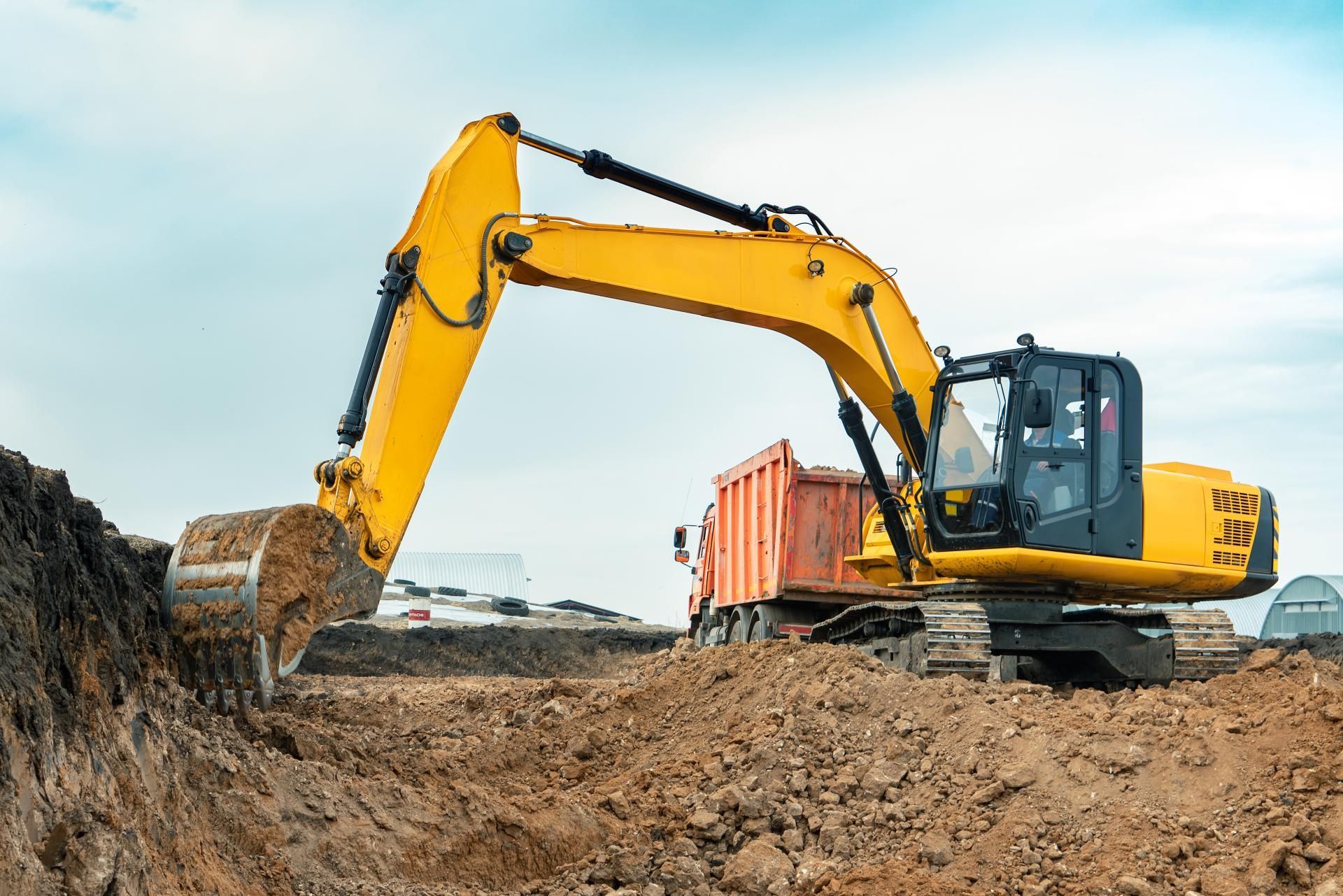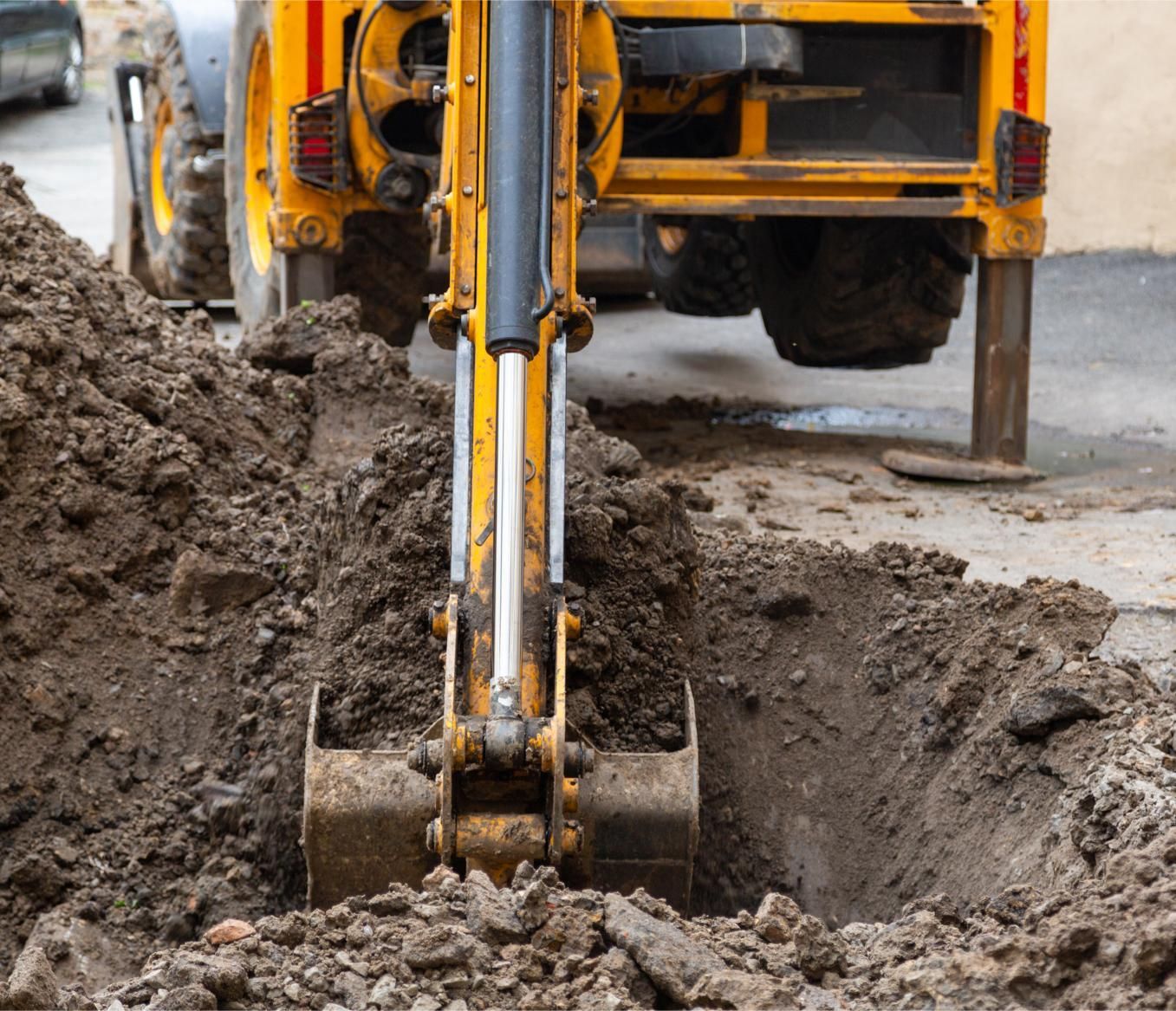Reliable, Safe & Trustworthy
Excavation Orlando, FL
"Excavation - Done Right!"
We are passionate excavation contractors in Orlando, FL who specialize in residential, commercial & industrial site preparation.
Land clearing, trenching for utilities, preparing and building foundations and basements, pond work and more!
If it's related to excavation services - we do it, and have been doing it safely and expertly for years.
Don't hesitate to reach out for a free quote today!
D R Excavation Orlando
390 N Orange Ave, Orlando, FL 32801
Our Excavation Company's Process
Step 1:
Communication
When you get in touch with us, we begin the process of gathering information about your project needs.
We schedule a time and day to come personally inspect the property and work out the details of the job.
Step 2:
On-Site Visit
Next, we visit the property at the scheduled time and day. We carefully survey the property.
Confirm all the relevant details, asking many questions about your needs. Then, we schedule the work.
Step 3:
Complete the Work
When the scheduled time comes, we begin excavation. We will have made sure to pull any necessary permits by this time.
We ensure the completion of tasks in a secure, timely, and highly professional manner, meeting the highest standards.
Step 4:
Quality Review
Excavation is now complete, and we take time to review the work with the client or the client's contractors.
If anything needs changed or adjusted, this is when we make sure that everything was done as needed!
Excavation Contractors in Orlando, FL
Excavation Contractors in Orlando, FL
D R Excavation Orlando is a full-service excavation contractor, specializing in residential, commercial and industrial projects.
We offer a wide range of services, from land clearing and grading to site preparation and utility installation. In addition, we are also able to provide demolition services, as well as haul away and dispose of any debris.
Whether you need help with a small home improvement project or a large commercial development, D R Excavation Orlando has the experience and expertise to get the job done right. Keep reading for an overview of the different services we provide throughout Florida.
What We Offer
Tips for Choosing the Right Excavation Contractors
With so many companies to choose from, it can be difficult to know where to start. Here are a few tips to help you choose the right contractor for your next project. First, take the time to research different companies. It's important to make sure that the company is licensed and insured.
Once you have narrowed down your options, schedule a consultation. This will give you a chance to discuss your project in detail and get a feel for their customer service. Be sure to ask questions about their experience, pricing, and schedules. After meeting with a contractor, you should have a good sense of whether they are the right fit for your project.
Licensed, Insured & Safety Focused
Consider discussing with the contractor about their safety certifications and any industry-specific training they provide to their team. This ensures that the excavation crew is up-to-date on the latest safety standards and practices.
Choosing a contractor with a proactive approach to safety not only protects your project but also reflects a commitment to the well-being of their workforce and clients.
This comprehensive consideration of safety aspects further enhances the reliability and quality of the excavation services you seek.
FAQ's About Orlando Excavation
"We highly recommend their services to anyone looking for top-notch excavation work. Thank you, D R Excavation!"
- Susan Sherman
“Grateful to D R Excavation for the great job they did on our project. They were professional, and did a great job cleaning up afterwards. We couldn't have asked for more!"
- Ed Schultz
“They did an amazing job and we couldn't have done it without them."
- Gary @ Custom Dream Homes
Why Should You Work With Us?
20+
Years of Experience
300+
Successful Excavation Projects
35+
Trained Professionals - and Growing!
Call Now For A Free Quote!
Thank you for your interest in our excavation services. We would be happy to provide you with a free quote for your project.
Please fill out the form below and we will contact you as soon as possible. We appreciate your interest in our company and look forward to working with you soon!
Contact Info
D R Excavation
390 N Orange Ave, Orlando, FL 3280




